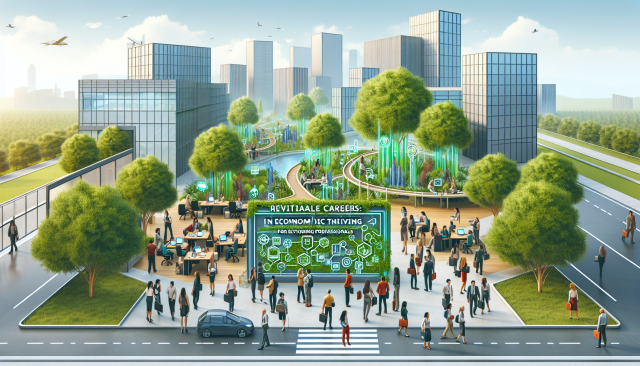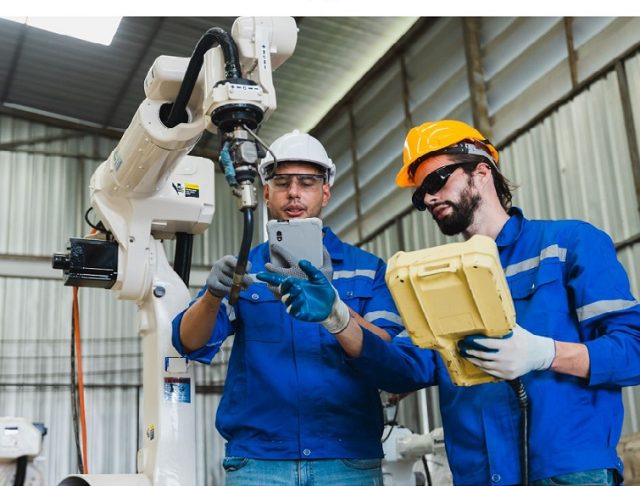Mastering the Symphony of Focus: Leadership Deep Work for Freelance Warriors
Mastering the Symphony of Focus: Leadership Deep Work for Freelance Warriors
In the rapidly evolving landscape of the gig economy, where freelance and shift work redefine the traditional work environment, developing leadership skills while maintaining peak productivity is a monumental challenge. As a freelance or shift worker, you are the captain of your ship, steering through the uncharted waters of client engagements, project deadlines, and personal aspirations. But how do you sustain focus and excel in leadership amidst the chaos? Enter the realm of Deep Work Essentials.
The Essence of Deep Work
Deep Work, a concept popularized by author and computer science professor Cal Newport, refers to the ability to focus without distraction on cognitively demanding tasks. At its core, deep work is about cultivating the skill to concentrate on tasks that push your cognitive capabilities to their limits, enabling you to produce better results in less time. For freelancers and gig workers who often juggle multiple projects, mastering deep work can be the key to unlocking unparalleled productivity and leadership potential.
Building Your Deep Work Routine
1. Define Your North Star
Leadership in freelance work demands clarity of purpose. Begin by identifying your core values and long-term goals. What do you aspire to achieve with your freelance journey? Having a clear vision will guide your daily tasks and priorities, ensuring every effort aligns with your overarching objectives.
2. Craft Your Ideal Work Environment
Your surroundings have a profound impact on your ability to focus. Designate a dedicated workspace that minimizes distractions. Whether it’s a corner of your home or a co-working space, ensure that your environment fosters concentration and creativity. Equip your space with essential tools and eliminate clutter to maintain a streamlined atmosphere.
3. Embrace Time Blocking
Time blocking is a powerful technique for managing your schedule. Allocate specific time slots for deep work sessions each day, treating these periods as non-negotiable appointments with yourself. During these sessions, shut off non-essential communications and immerse yourself fully in the task at hand.
4. Sequence Tasks for Maximum Impact
Identify high-impact tasks that require deep work and prioritize them. Begin your day with the most challenging project when your mind is freshest. Group similar tasks together to maintain momentum and avoid context switching, which can disrupt focus and decrease productivity.
Enhancing Cognitive Endurance
1. Cultivate Mindfulness
Mindfulness practices such as meditation, deep breathing, and yoga can enhance your attention span and resilience. Integrating these practices into your daily routine helps calm the mind, reduces stress, and improves overall mental clarity.
2. Prioritize Rest and Recovery
Deep work is demanding on the brain. Balance intense focus sessions with intentional rest. Take breaks to recharge, engage in physical activities, and ensure you get adequate sleep. A well-rested mind is more agile and capable of sustained concentration.
Becoming a Thought Leader in Your Sphere
In the freelance world, your reputation is your brand. By honing deep work habits, not only can you produce exceptional results for your clients, but you can also position yourself as a thought leader. Share your insights through blogs, social media, or public speaking. As you consistently deliver high-quality work and thought leadership, you’ll build a network of clients and peers who value your expertise.
Conclusion: Unleashing Your Leadership Potential
The journey of a freelance or gig worker is one of autonomy, creativity, and potential. By mastering deep work, you harness the power to focus, lead, and thrive in this dynamic ecosystem. As you align your actions with your goals and embrace the discipline of deep work, you not only excel in your field but inspire those around you. Remember, in the symphony of freelance work, your focus is the conductor, orchestrating success and leadership with every note.































